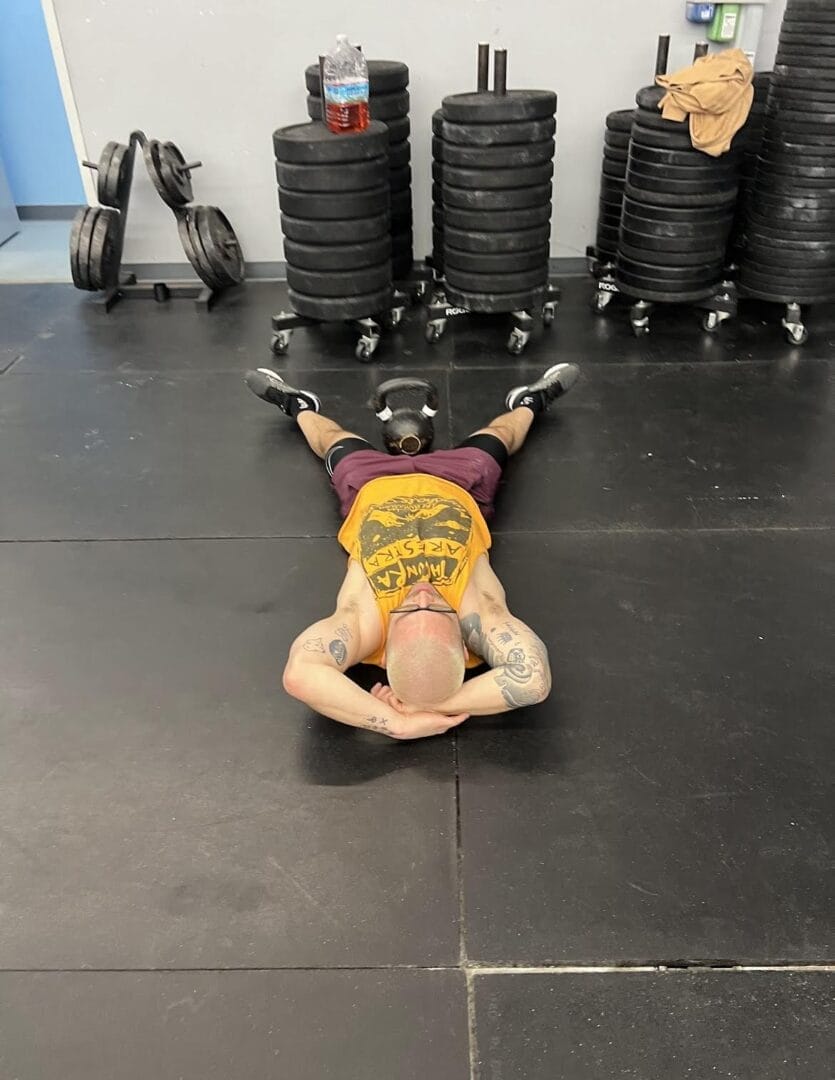The Statistics Aren’t Good…
It is startling how many people quit on their fitness journeys.
Especially in the first 90 days.
Embarking on a fitness journey can be both exhilarating and daunting.
For many, it represents a significant commitment to self-improvement and better health.
However, despite the best intentions, a concerning trend has emerged within the fitness community:
a high dropout rate.
Said differently, quitting early before they’ve built fitness into a lifestyle habit.
In the first 90 days alone, nearly half of our newcomers have chosen to discontinue their fitness pursuits.
Let’s explore some of the reasons behind this trend and how we can work together to overcome it.
Reasons for Early Dropout:
- Unrealistic Expectations: Some individuals may enter the fitness journey with overly ambitious goals or expectations, leading to disappointment when results don’t materialize as quickly as hoped.
- Lack of Support: Without a strong support system or accountability partner, newcomers may struggle to stay motivated and committed to their fitness routine.
- Injury or Overexertion: Pushing too hard too soon can result in injury or burnout, causing individuals to abandon their fitness efforts out of frustration or physical discomfort.
- Difficulty Adapting: Adjusting to a new fitness regimen, especially for those with limited prior experience, can be challenging and overwhelming, leading to feelings of inadequacy or self-doubt.
- External Factors: Life’s demands, such as work, family obligations, or personal stressors, can sometimes take precedence over fitness commitments, causing individuals to prioritize other aspects of their lives.
- Poor Self-Talk: Negative self-talk can make the adjustment of resistance feel impossible or punishing, undermining one’s confidence and motivation to continue.
- Lack of Prioritizing: Failing to prioritize fitness among other responsibilities can result in neglecting workouts or healthy habits, leading to inconsistency and eventual dropout.
- Excuses: Making excuses instead of taking responsibility for one’s fitness journey can hinder progress and lead to feelings of guilt or frustration, ultimately contributing to dropout.
How to Not Be Among the Quitting Statistic & Overcome the 90-Day Hurdle:
- Set Realistic Expectations: Understand that progress takes time and that sustainable change doesn’t happen overnight. Set achievable goals and focus on making consistent, gradual improvements rather than aiming for perfection from the start.
- Build a Support System: Surround yourself with like-minded individuals who can offer encouragement, accountability, and support on your fitness journey. Whether it’s joining group classes, finding a workout buddy, or seeking guidance from experienced coaches, having a support system can make all the difference in staying motivated and committed.
- Prioritize Safety and Recovery: Listen to your body and prioritize proper form and technique in your workouts. Avoid pushing yourself too hard or overtraining, as this can lead to injury or burnout. Incorporate rest days and recovery strategies into your routine to ensure your body has time to recover and adapt to the demands of exercise.
- Educate Yourself: Take the time to learn about different aspects of fitness, including nutrition, exercise programming, and injury prevention. Seek out reputable sources of information, attend workshops or seminars, and don’t hesitate to ask questions and seek guidance from knowledgeable professionals.
- Cultivate Resilience: Understand that setbacks and challenges are a natural part of any fitness journey. Instead of viewing them as failures, see them as opportunities for growth and learning. Cultivate resilience by staying focused on your long-term goals, staying positive, and celebrating your progress, no matter how small.
- Address Poor Self-Talk: Be mindful of the way you speak to yourself during workouts and throughout your fitness journey. Negative self-talk can sabotage your progress and make the adjustment of resistance feel impossible or punishing. Practice positive affirmations and focus on the progress you’re making, no matter how small.
- Prioritize Your Health: Make your health and well-being a top priority by scheduling workouts and meal prep into your weekly routine. Avoid making excuses or letting other priorities take precedence over your fitness goals. Remember that investing in your health now will pay off in the long run.
- Challenge Your Excuses: Identify and challenge any excuses or limiting beliefs that may be holding you back from reaching your fitness goals. Instead of making excuses, focus on finding solutions and taking action towards your goals. Remember that consistency is key, and every small step counts towards your progress.
Fitness is a lifestyle
Choosing fitness as a lifestyle isn’t just about achieving a certain physique or reaching a specific goal; it’s about embracing a mindset of self-care, empowerment, and resilience.
By committing to fitness, individuals invest in their physical health, mental well-being, and overall quality of life.
It’s about feeling stronger, more confident, and more capable in every aspect of life.
Beyond the physical benefits, the journey of fitness offers a sense of purpose, accomplishment, and personal growth that extends far beyond the gym walls.
It’s about becoming the best version of oneself, both inside and out, and living life with vitality, energy, and passion.
So, when the going gets hard, you feel that voice tell you to throw in the towel or you question your commitment to fitness, keep that perspective that you are embracing fitness as a lifelong pursuit of health, happiness, and fulfillment.




